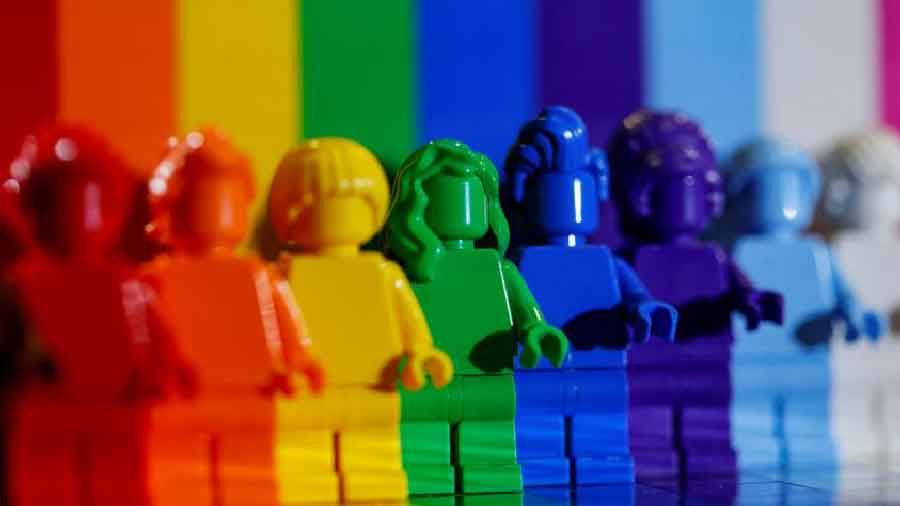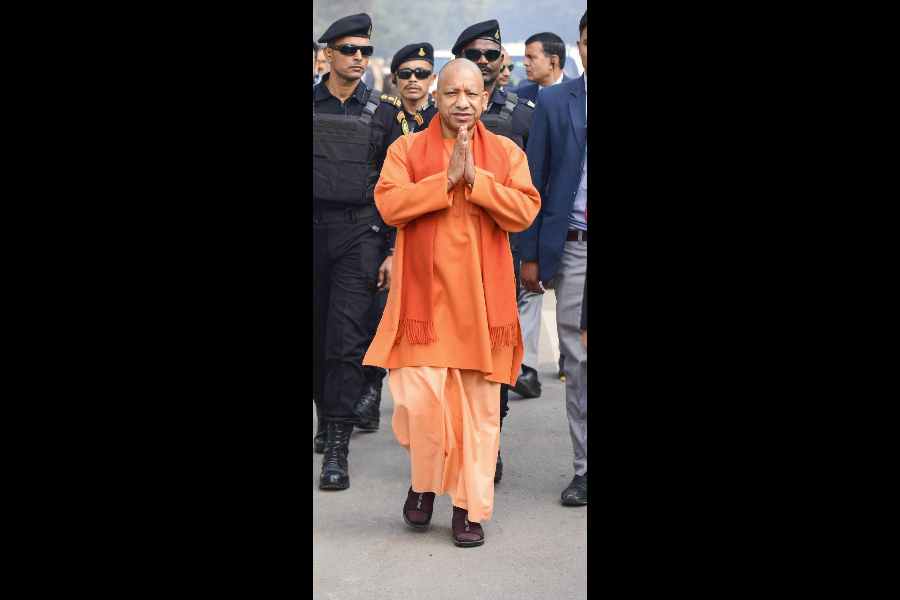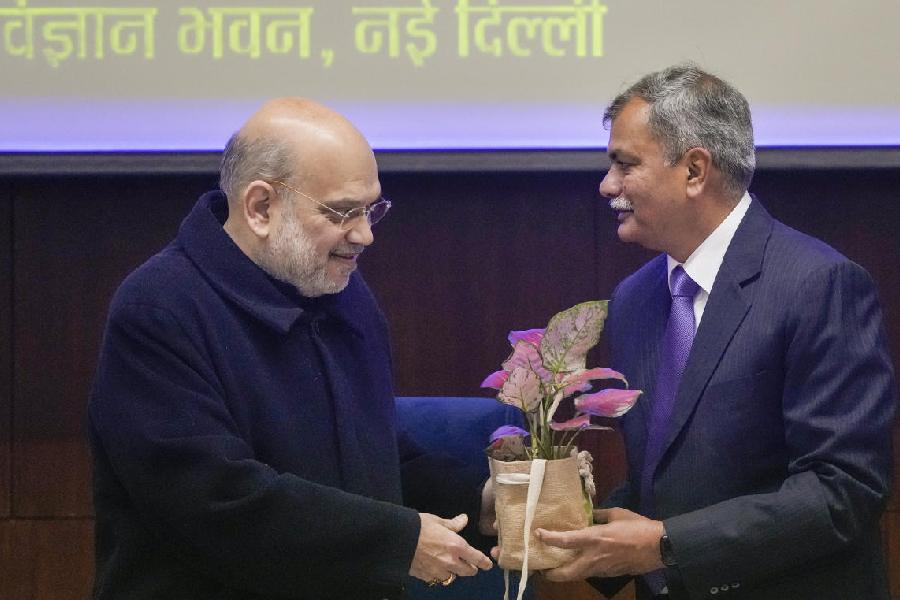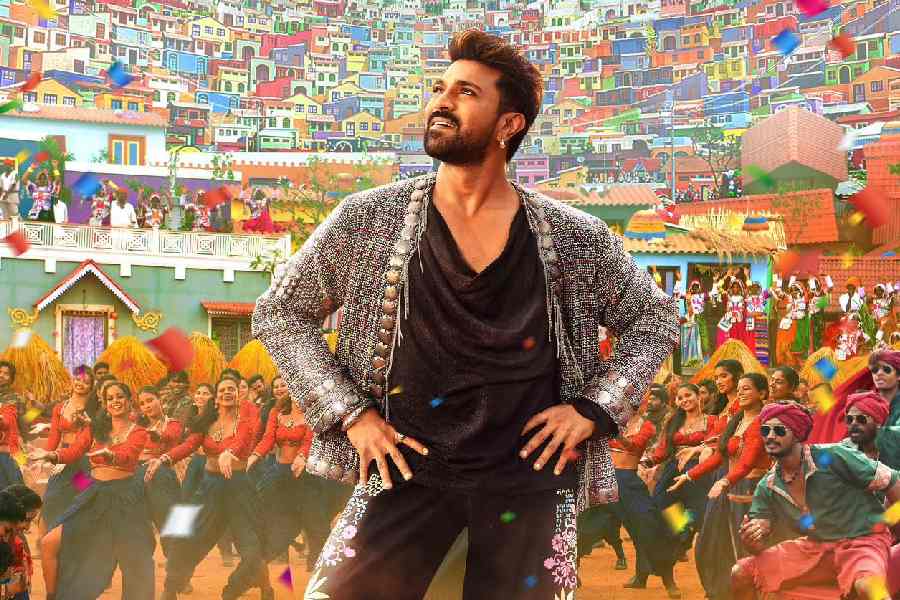Activists and members of the LGBTQ+ community have criticised the Centre's opposition to granting recognition to same-sex marriage, saying despite India's plurality and diversity the government still believes that marriage rights can only be given to heterosexuals.
In an affidavit before the Supreme Court which is scheduled to hear the matter on Monday, the Centre has said legal validation of same-sex marriage would cause a complete havoc with the delicate balance of personal laws and accepted societal values.
It, however, added that non-heterosexual forms of marriages or unions between individuals though not recognised are not unlawful.
Reacting to the Centre's affidavit, equal rights activist Harish Iyer and a member of the community said India is a nation of plurality not homogeneity.
"Unity in diversity is a lesson we learn in our schools. Everyone is equal in the eyes of law. Yet we afford marriage rights only to the majority and not us minorities. The state in its stance has confirmed that they believe that marriage is only between a biological man and a biological woman and their offspring," Iyer told PTI.
Iyer further slammed the language used by the Centre in the affidavit.
"The very language reveals that the state needs a crash course on sex, sexuality and gender. The correct terms are cis man and cis woman. Now that the Supreme Court has written down Section 377, I would like to know from the state how they define LGBT families," Iyer said.
In its affidavit, the government submitted that despite the decriminalisation of Section 377 of the Indian Penal Code, the petitioners cannot claim a fundamental right for same-sex marriage to be recognised under the laws of the country.
A queer scholar and PhD candidate at the University of St Andrews in Scotland, who prefers to be identified as Q, said queer intimacies predate the Indian State by many centuries and the State has always been fundamentally heterosexual.
"The Centre stated that the traditional heterosexual family unit is foundational to the existence and continuance of the State. This is partly correct. The State has always been fundamentally heterosexual; its institutions, its laws, its capitalist structures, even its borders veered toward the cis-heterosexual upper caste male. The State is also drenched in its masculinity. That being said the Centre hides within these truths one distinct untruth - that the continuance of the State has never been in question," Q said.
Q further rued that the State will persist regardless of whether or not gay marriage exists, simply because the State exists now.
"Gay marriage is an institutionalisation of existing relationships. What the Centre perhaps meant by that affidavit is that heterosexual marriage is foundational to the continuance of the present regime...,” Q said.
The Supreme Court had struck down the draconian Article 377 that criminalised gay sex and since then many petitions have been filed in the apex court to legalise same-sex marriage too.
Shubhankar Chakravorty, a Bengaluru-based consultant who identifies as a gay man, said rights and freedoms have seldom been provided in advance of a mass struggle or in anticipation of a sizeable demand and especially when it's a matter as complex as marriage law that involves a host of related laws, there needs to be a solid case of favourable public impact.
"India has an LGBT+ population of at least 50 million (less than 5 per cent of 1.4 billion) and still you'd struggle to find a few thousand same-sex couples in present need of marriage rights. While it's a very real need for many people currently in long-term relationships/civil partnerships, same-sex parenting, etc., the number isn't high enough to put pressure on the government.
"So, much like the movements preceding the amendment of Section 377, there need to be large-scale activities and campaigns to relay the importance of marriage equality and how it impacts hundreds of thousands of real people,” he told PTI.
"Till then, as unfair as the government's stand is, there isn't much to counter it with. The LGBT+ community, which is still trying to make sense of what it means to have rights and freedom around gender, sex, and sexuality post the Section 377 ruling, needs to do more to assert the real-life outcomes of those rights and freedoms,” he added.
Except for the headline, this story has not been edited by The Telegraph Online staff and has been published from a syndicated feed.











